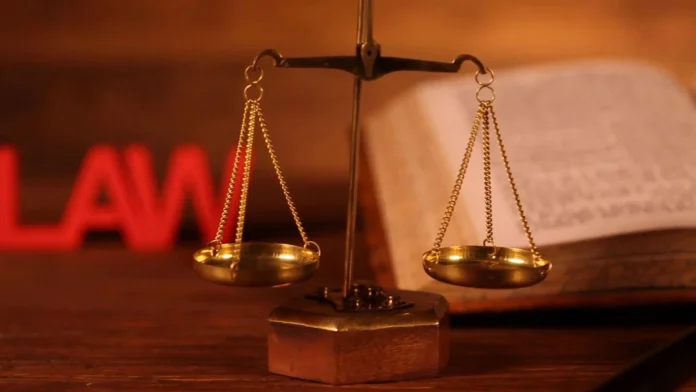The wheels of justice have turned decisively in the case of activist Narendra Dabholkar’s murder, marking a significant milestone in the quest for truth and accountability. After years of legal proceedings and intense scrutiny, two individuals have been sentenced to life imprisonment for their involvement in the heinous crime, while three others have been acquitted. The verdict, delivered by a special court, not only brings a sense of closure to Dabholkar’s family and supporters but also underscores the importance of upholding the rule of law and combating impunity.
The murder of Narendra Dabholkar, a renowned rationalist and social activist, sent shockwaves across India and highlighted the dangers faced by those advocating for social reform and scientific temper. Dabholkar dedicated his life to fighting superstition and promoting critical thinking, often at great personal risk. His assassination in 2013 sparked widespread outrage and prompted calls for swift and decisive action to bring the perpetrators to justice.
The road to justice has been fraught with challenges, with the investigation into Dabholkar’s murder marked by delays, obstacles, and allegations of official apathy. However, the perseverance of law enforcement agencies, the relentless pursuit of truth by Dabholkar’s family and supporters, and the unwavering commitment of the judiciary have ultimately led to a breakthrough in the case.
The conviction of two individuals in Dabholkar’s murder case is a testament to the tireless efforts of those who refused to let his memory fade into obscurity. It sends a powerful message that no act of violence or intimidation can silence voices of dissent or undermine the principles of justice and accountability. Moreover, it serves as a reminder that impunity will not be tolerated in a society governed by the rule of law.
While the verdict brings a measure of closure to Dabholkar’s loved ones, it also raises important questions about the larger issue of safeguarding freedom of expression and protecting those who dare to challenge entrenched beliefs and practices. The murder of activists, journalists, and intellectuals remains a chilling reality in many parts of the world, highlighting the need for robust legal mechanisms to ensure their safety and well-being.
Furthermore, the acquittal of three individuals accused in the case underscores the complexities and challenges inherent in the criminal justice system. While the court found insufficient evidence to convict them, the acquittals serve as a sobering reminder of the need for thorough investigations, adherence to due process, and the presumption of innocence until proven guilty.
As India grapples with the aftermath of Dabholkar’s murder verdict, it must also reflect on the broader implications for its democratic fabric and commitment to upholding fundamental rights and liberties. The case serves as a litmus test for the strength of its institutions, the integrity of its law enforcement agencies, and the resilience of its judicial system.
Moving forward, it is imperative for authorities to remain vigilant in addressing threats to freedom of expression and ensuring the safety of activists, journalists, and whistleblowers who play a critical role in holding power to account and fostering social change. This requires not only robust legal frameworks but also a culture of respect for dissent and pluralism, wherein voices from all segments of society are heard and respected.
In addition, the conviction of two individuals in the Narendra Dabholkar murder case represents a significant milestone in the pursuit of justice and accountability. It sends a clear message that those who seek to silence voices of dissent will be held accountable for their actions. However, the acquittals serve as a reminder of the challenges that remain in upholding the principles of justice and protecting fundamental rights. As India grapples with these issues, it must reaffirm its commitment to the rule of law and ensure that justice is not only done but seen to be done.

